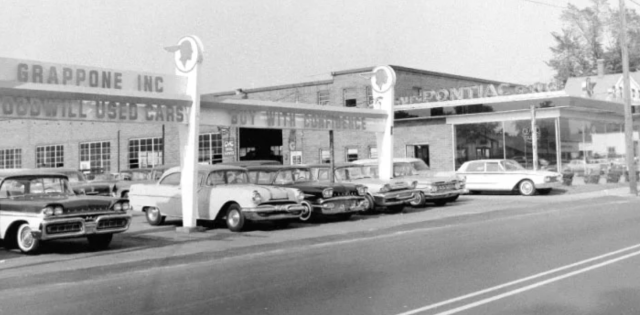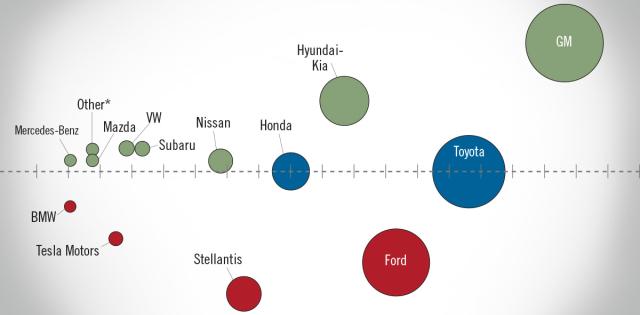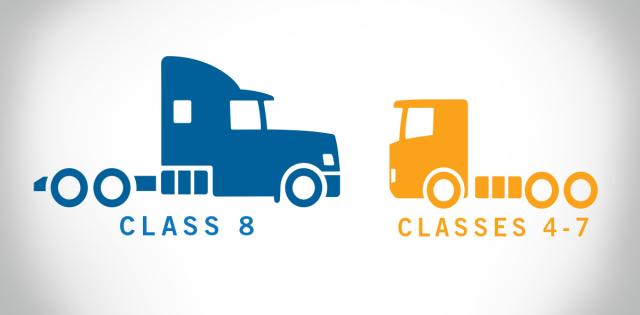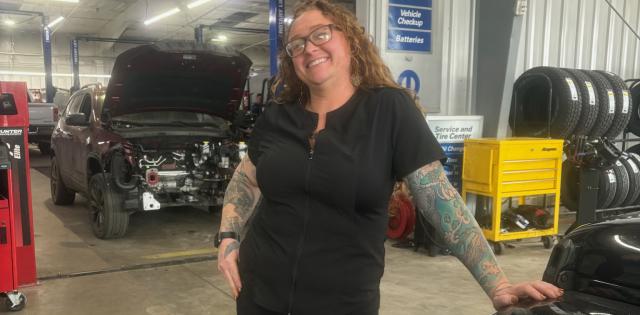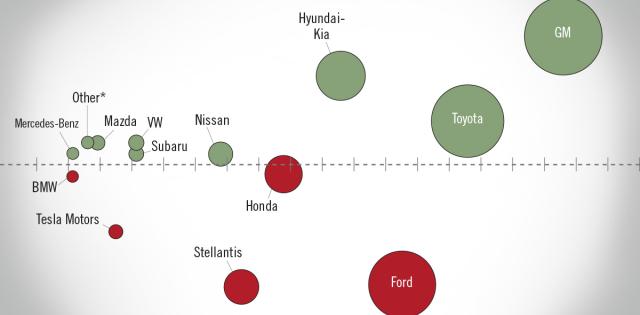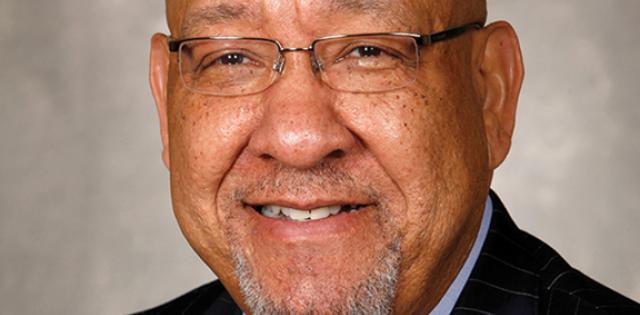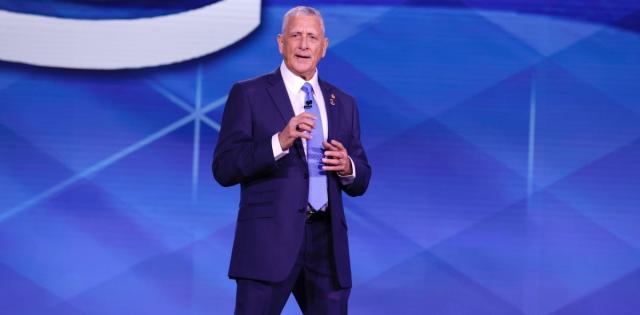It was undeniably great that the automotive retail industry was able to get back together in person this month in Las Vegas for the NADA Show. But the "welcome back" gift that some brands offered dealers — in the form of challenges to the franchise business model — left much to be desired.
Frustrated by sometimes excessive and undisclosed dealer markups, some automakers have countered with remedies that go too far, effectively rewriting the franchised dealer agreement and backing into an agency model.
U.S. dealers have fought for decades to preserve their rights as independent retailers to buy at wholesale and sell at the price the local market will bear. Many brands, however, would prefer to use the agency model they're implementing across much of the globe, in which the manufacturer sets the price and the dealer is paid for handling the delivery.
Ford's initial description of how its Model e retailers will function captures many agency elements, including the automaker holding the inventory. Hyundai setting the sticker price on its Ioniq 5 electric crossover at the same level as its invoice price — with dealers getting paid only if they meet certain facilities or customer satisfaction requirements — is a de facto agency model, albeit for only one nameplate at this point.
To be sure, many dealers can remember running unprofitable new-car operations for years before pandemic-driven shortages raised prices to sticker and beyond. For some, the idea of reliably profiting from each vehicle sale has appeal. But if that's the plan, it should be negotiated upfront, including important matters such as the amount of investment required relative to those per-vehicle spiffs.
Let us be clear: A change in powertrain or fuel type is a laughably poor excuse to abandon a sales system that has worked well in the U.S. for more than a century.
Automakers argue that electric vehicle startups with direct sales — Tesla, Rivian, Lucid — are giving consumers what they want in the way of online vehicle purchasing. And they are not wrong, which is why so many franchised dealers now have full online retail solutions to offer to those shoppers.
What consumers also want is a convenient place to go for service. They want strong local businesses that employ their neighbors in good jobs and are active in their communities. Despite all the changes in the industry, automakers should remember that their retailers are partners, not employees.
For more stories like this, bookmark www.NADAheadlines.org as a favorite in the browser of your choice and subscribe to our newsletter here:


